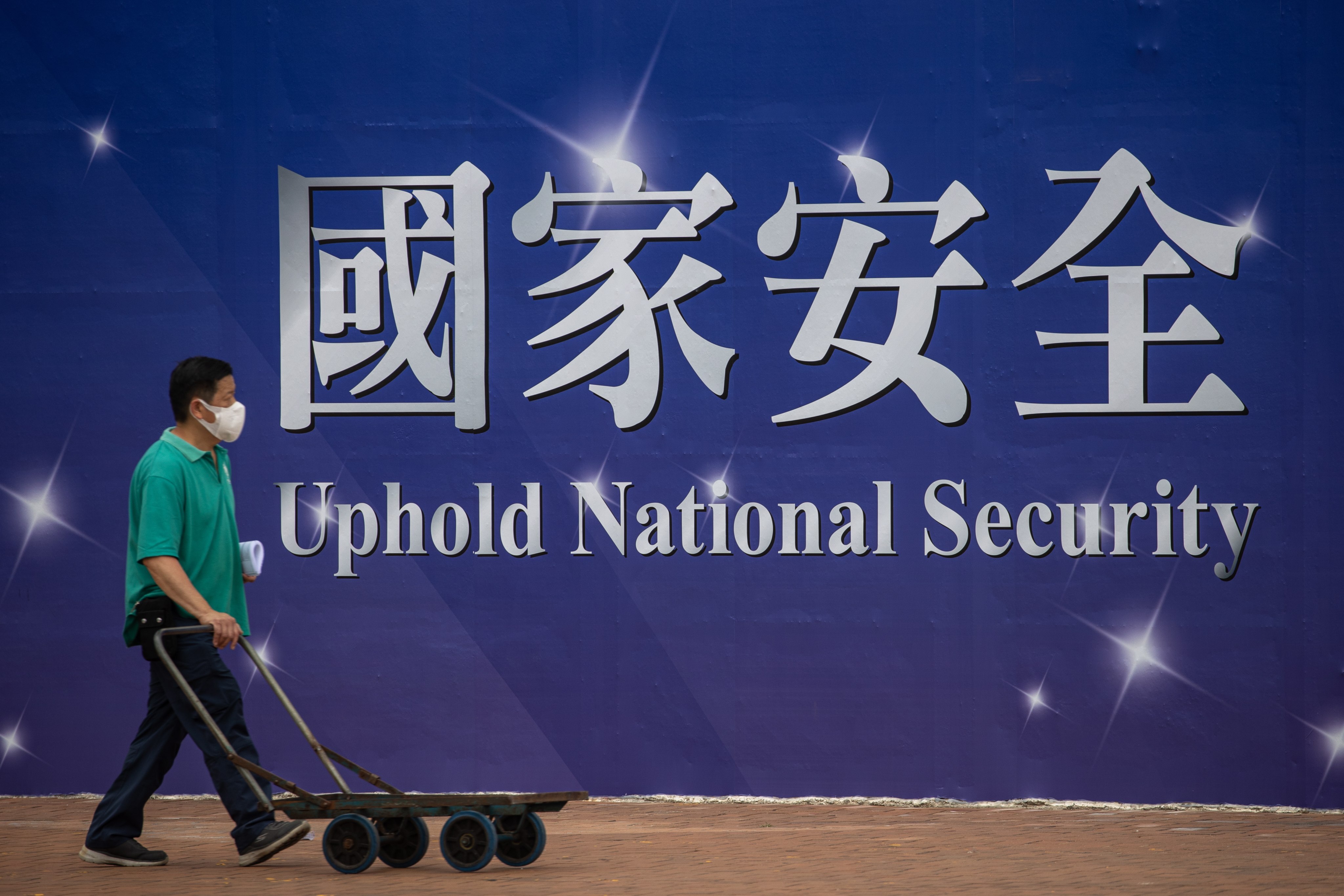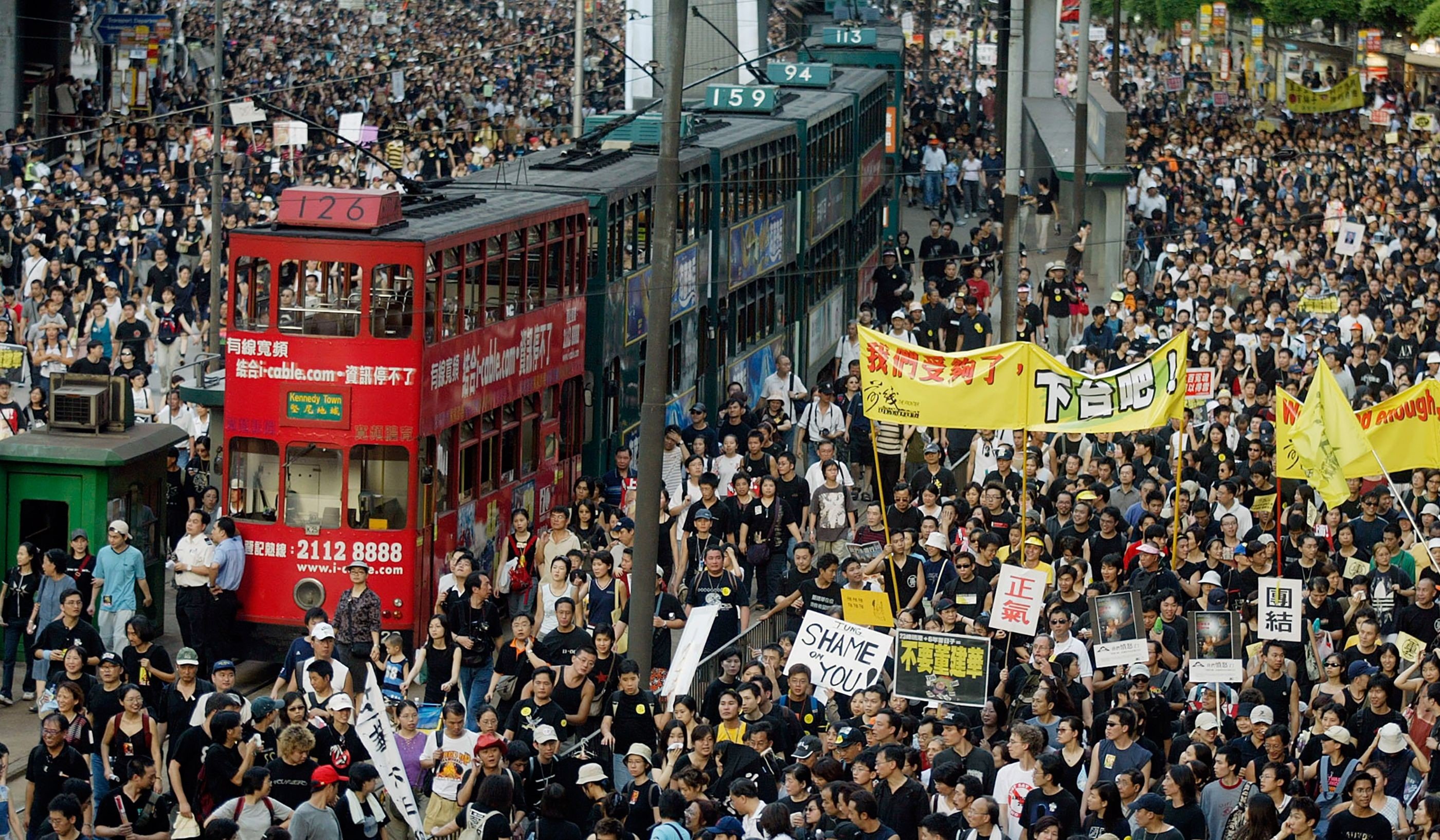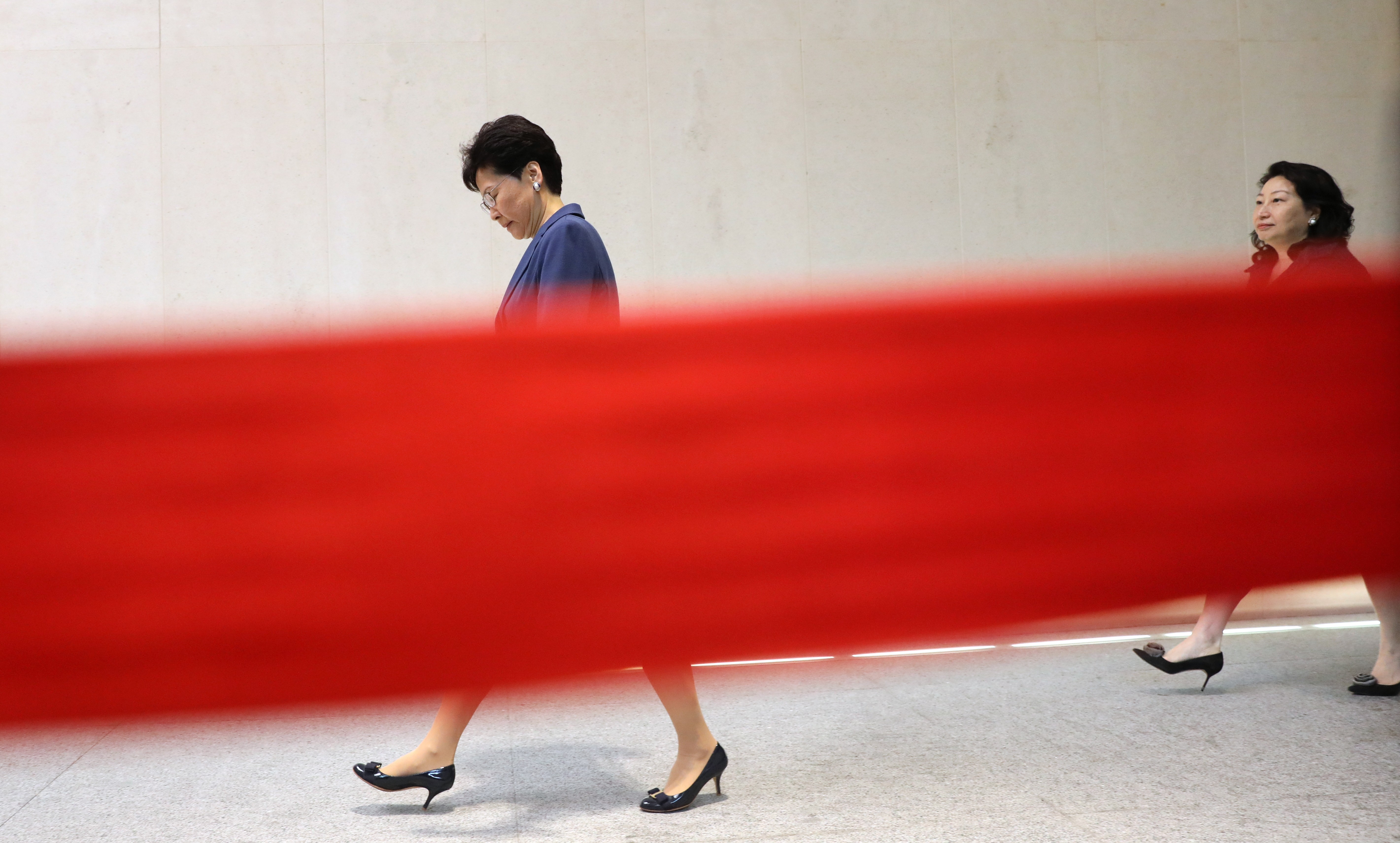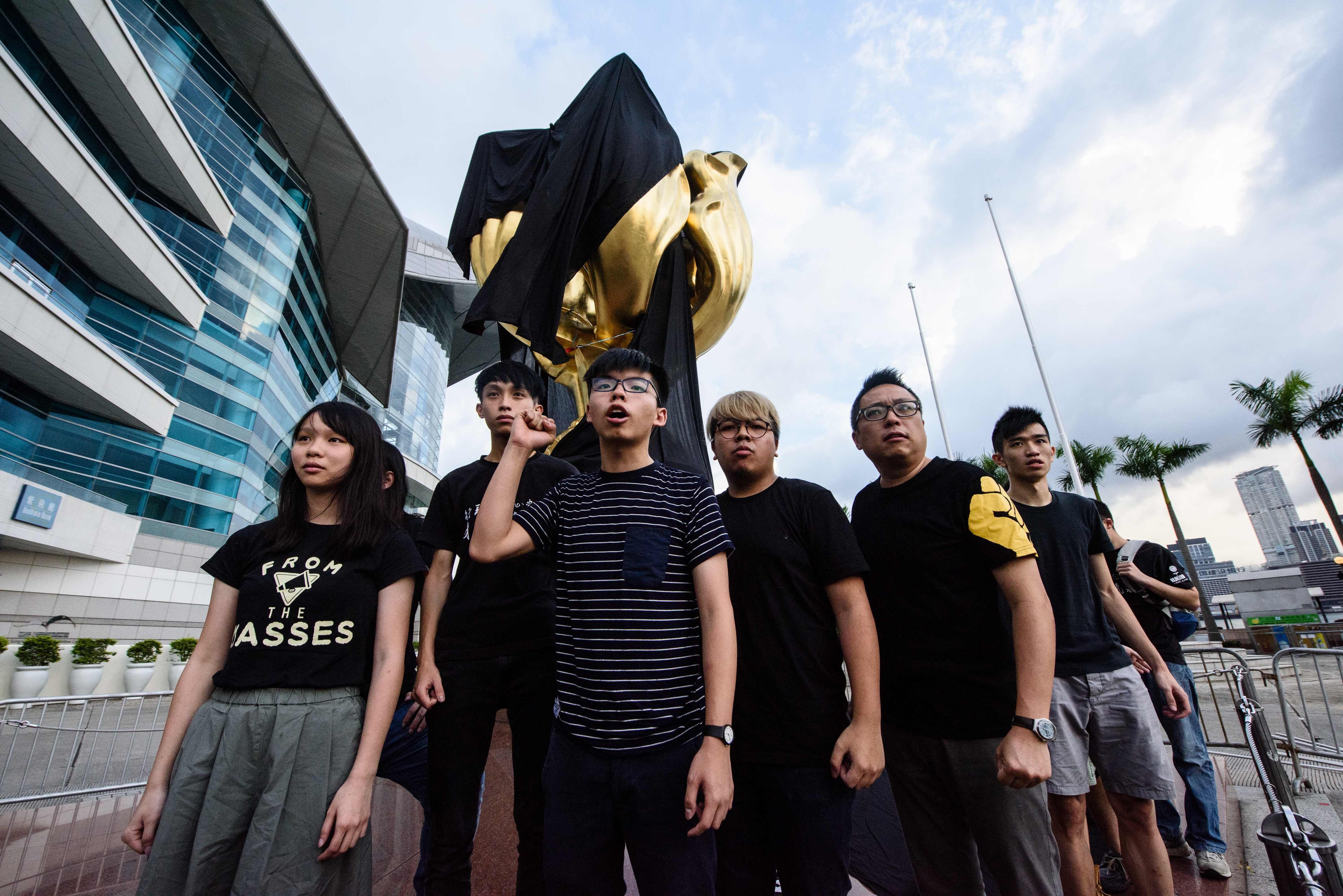
Post-handover, Beijing sought to understand, then win over, public opinion in Hong Kong; by 2005, a willingness to embrace Chinese identity had never been higher. Recently, however, there are signs that truth and fact are under siege with attacks by state-run media on legitimate sources of information.
The rule of law is dependent on the laws in place. If they are in some ways repressive, then that form of law will govern. This may have been Beijing’s intention in introducing the national security law.
Britain’s interventions were in keeping with principles that supported long-term local autonomy. If China is serious about sustaining Hong Kong’s high degree of autonomy and calming critics, it would do well to provide greater assurances.
Instead of hardline tactics and threats of military intervention, Hu Jintao’s administration defused the crisis by collecting public opinion from Hong Kong directly, holding local leaders accountable and increasing economic reassurances.
As long as Hong Kong’s status as China’s premier international financial centre is valuable to Beijing, local officials should be mindful that they will be making a grave mistake in pushing through the legislation.
The decision to disqualify Agnes Chow from contesting the Legislative Council by-election rests on a misunderstanding of self-determination and risks alienating supporters of the ‘one country, two systems’ framework





